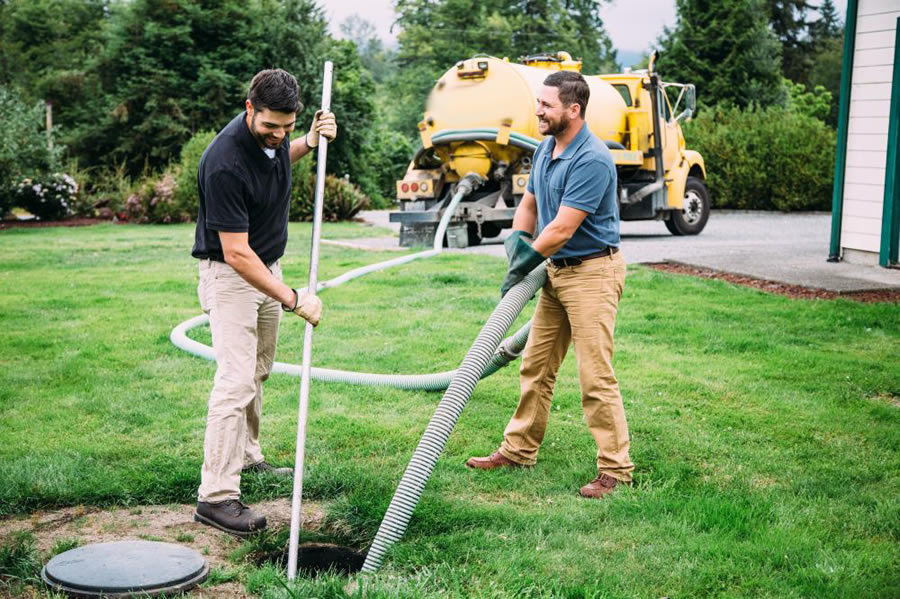
Seasonal changes can significantly impact the performance and longevity of your septic system. From fluctuating temperatures to increased precipitation, each season brings its own challenges that can influence how well your septic tank operates. Understanding these effects can help you take preventive measures and know when to call Rooter Septic Services for septic tank pumping, cleaning, or repair.
Winter poses some of the most severe threats to septic systems, especially in areas where freezing temperatures are common. When the ground freezes, it can affect the septic tank’s function and the drain field’s ability to properly filter wastewater. In extreme cases, pipes may freeze, leading to backups and potential damage that requires septic tank repair.
To avoid winter complications, it’s essential to schedule septic tank pumping before the cold sets in. A full or nearly full septic tank is more susceptible to freezing. Insulating the area around your tank and pipes can also help prevent freezing issues. If you notice slow drainage or backups during the winter, contacting a septic company immediately is crucial to avoid more severe problems.
Spring often brings heavy rainfall, which can saturate the soil around your drain field. When the ground becomes oversaturated, it can’t effectively absorb and filter wastewater, potentially causing your septic system to overflow or backup. This situation may require urgent septic tank repair or even a complete drain field replacement.
During the spring, it’s a good idea to keep an eye on your system and avoid overloading it. Limiting water use during rainy periods and ensuring proper drainage away from the drain field can reduce the risk of flooding. Regular septic tank cleaning can also help by ensuring your system is functioning efficiently when faced with higher water levels.
Summer is often the season of gatherings, vacations, and increased water usage. If you host guests or use more water for outdoor activities, it can put extra strain on your septic system. The more wastewater entering the tank, the more frequently you’ll need septic tank pumping to avoid overloading your system.
It’s important to schedule routine maintenance with a septic company in Peachtree City during the summer months, especially if your septic system hasn’t been inspected recently. This will help prevent problems like backups, odors, and system failures that can spoil your summer fun. Additionally, if your septic system is aging, summer might be the best time to consider a new septic tank installation.
Fall is an ideal time to prepare your septic system for the winter months. This season is also a good time to make sure your drain field is clear of any debris or landscaping that could interfere with its function. Keeping trees and large plants away from the drain field is crucial, as roots can grow into the system and cause serious damage, leading to costly repairs.
Regardless of the season, regular maintenance is key to a well-functioning septic system. Having your septic tank inspected and pumped every 3-5 years, or as recommended by your septic company, can prevent many common problems caused by seasonal changes. If you notice any signs of trouble, such as slow drains, unpleasant odors, or soggy spots in your yard, contact a professional at Rooter Septic Services for septic tank repair as soon as possible.